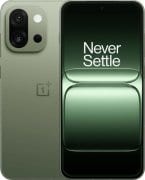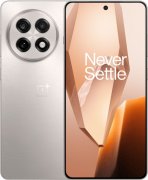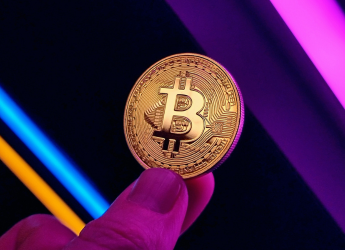- Home
- Cryptocurrency
- Cryptocurrency News
- FIFA World Cup Ticket NFTs Face Swiss Gambling Supervisory Authority’s Scrutiny
FIFA World Cup Ticket NFTs Face Swiss Gambling Supervisory Authority’s Scrutiny
Swiss regulator reviews FIFA’s blockchain ticket tokens over possible gambling law violations, even though no complaints were received.

Photo Credit: Unsplash/Fauzan Saari
Fans debate FIFA’s blockchain ticket tokens as Swiss regulator investigates gambling concerns
The Swiss Gambling Supervisory Authority (Gespa), is investigating whether FIFA's blockchain-based “right to-buy” (RTB) tokens comply with national gambling laws, amidst growing concerns over their speculative structure and limited practical utility. Gespa Director Manuel Richard said that an internal assessment did not provide sufficient grounds to close the inquiry, prompting further fact-finding. Launched in 2024, the tokens grant holders conditional access to tickets for the 2026 World Cup finals if their national team qualifies and can be traded on FIFA's NFT marketplace.
Critics Question Whether Tokens Serve Fans or Mimic Gambling
The RTB tokens have generated millions in revenue, with prices being between $299 (roughly Rs. 26,500) and $999 (roughly Rs. 88,600). The long-shot teams were offered at lower prices, while the favourites like Argentina, Brazil, or France were offered at the higher end. Since the qualification depends on team qualification, there will be plenty of holders who might not benefit from this system, which mirrors more of gambling than actual digital collectibles. Tickets were sold directly on a first-come, first-served basis, under FIFA's previous model.
Switzerland's gambling regulator made it clear that no formal complaints were received before the investigation began. Richard further told Bloomberg that Gespa is now assessing whether the offering on FIFA's collect.fifa.com platform may fall under gambling legislation and whether regulatory action is warranted. By means of its native marketplace powered by Modex, FIFA uses blockchain technology to allow token holders to trade on secondary markets and to purchase tickets at face value if certain conditions are met.
FIFA has been experimenting with NFTs and Web3 since 2022, launching FIFA collect in partnership with Algorand. It later moved its marketplace to Avalanche. The federation also entered Web3 gaming with FIFA Rivals, allowing users to run clubs and trade NFT player cards.
As FIFA aims to use NFT technology to improve transparency and digital ownership, ticket demand for the biggest football tournament remains extremely high. However, the regulatory aspect points out concerns such as fairness, transparency, and structures resembling potential gambling, indicating that national authorities may examine blockchain innovations with closer scrutiny.
For the latest tech news and reviews, follow Gadgets 360 on X, Facebook, WhatsApp, Threads and Google News. For the latest videos on gadgets and tech, subscribe to our YouTube channel. If you want to know everything about top influencers, follow our in-house Who'sThat360 on Instagram and YouTube.
Related Stories
- Samsung Galaxy Unpacked 2025
- ChatGPT
- Redmi Note 14 Pro+
- iPhone 16
- Apple Vision Pro
- Oneplus 12
- OnePlus Nord CE 3 Lite 5G
- iPhone 13
- Xiaomi 14 Pro
- Oppo Find N3
- Tecno Spark Go (2023)
- Realme V30
- Best Phones Under 25000
- Samsung Galaxy S24 Series
- Cryptocurrency
- iQoo 12
- Samsung Galaxy S24 Ultra
- Giottus
- Samsung Galaxy Z Flip 5
- Apple 'Scary Fast'
- Housefull 5
- GoPro Hero 12 Black Review
- Invincible Season 2
- JioGlass
- HD Ready TV
- Laptop Under 50000
- Smartwatch Under 10000
- Latest Mobile Phones
- Compare Phones
- HMD Touch 4G
- Vivo V60e
- Lava Bold N1 Lite
- Samsung Galaxy F07
- Realme 15x 5G
- OPPO A6 5G
- Samsung Galaxy M07
- Xiaomi 17
- Asus Vivobook S16 (S3607QA)
- Gigabyte AORUS Master 16
- Samsung Galaxy Tab A11+
- Xiaomi Pad 8
- Xiaomi Smart Band 10 Glimmer Edition
- Xiaomi Watch S4 41mm
- Xiaomi Xiaomi TV S Pro Mini LED 55 2026
- Xiaomi TV S Pro Mini LED 65 2026
- Asus ROG Ally
- Nintendo Switch Lite
- Haier 1.6 Ton 5 Star Inverter Split AC (HSU19G-MZAID5BN-INV)
- Haier 1.6 Ton 5 Star Inverter Split AC (HSU19G-MZAIM5BN-INV)

















